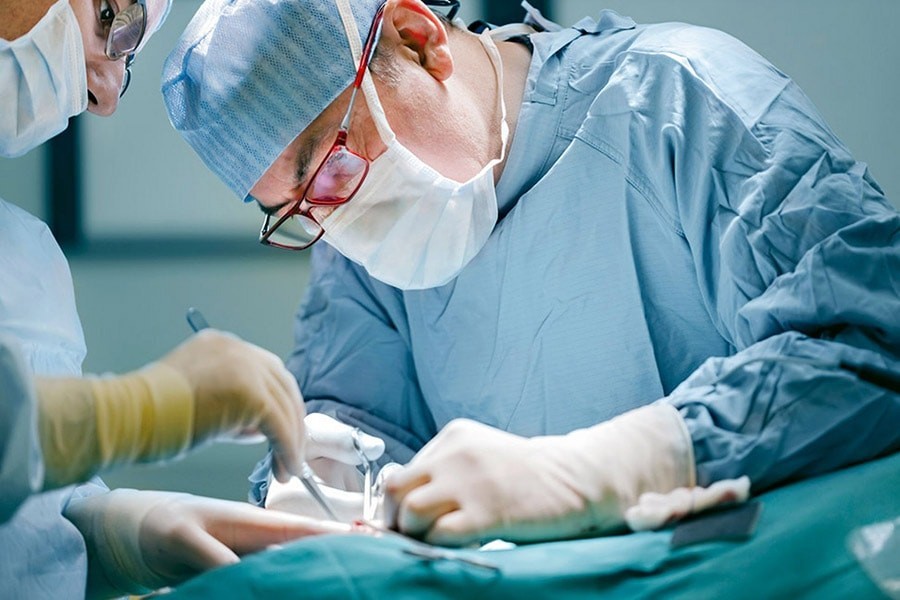
Congenital defects plastic surgery
Congenital defect plastic surgery is a type of surgery that aims to correct physical deformities that a person is born with. These deformities can affect any part of the body, including the face, head, hands, feet, and trunk.
Causes of Birth Defects:
The exact cause of many birth defects is still unknown, but several factors are thought to play a role, including:
Genetic factors: Some birth defects can be passed from parents to children through genes.
Environmental factors: These can include exposure to certain chemicals, medications, or radiation during pregnancy.
Nutritional deficiencies: Deficiencies of certain vitamins or minerals during pregnancy can increase the risk of some birth defects.
Types of Birth Defects:
There are many different types of birth defects, but some are more common than others. Some common birth defects include:
Facial and head deformities: cleft lip, cleft palate, aplasia of the ear, micrognathia.
Limb deformities: clubfoot, missing fingers, webbed fingers.
Trunk deformities: Spina bifida, umbilical hernia.
Congenital deformity plastic surgery:
Congenital deformity plastic surgery can be a treatment option for many people with these deformities. Surgery can help improve a person's appearance and the function of the affected body part.
Benefits of congenital deformity plastic surgery:
Improved aesthetic appearance: Surgery can help improve a person's appearance and increase their self-confidence.
Improved function: Surgery can help improve the function of the affected body part, such as the ability to walk, talk, or eat.
Improved quality of life: Surgery can help improve a person's overall quality of life.
Congenital deformity plastic surgery risks:
Congenital deformity plastic surgery carries some risks, such as:
Infection: Infection can occur at the site of surgery.
Bleeding: Bleeding can occur during or after surgery.
Scarring: Scarring can occur at the site of surgery.
Allergic reactions: Some people can have allergic reactions to anesthesia or other medications used during surgery.
Recovery from Congenital Defect Surgery:
Recovery time from congenital deformity surgery varies depending on the type of surgery performed. Some people may need to stay in the hospital for a few days after surgery, while others can go home the same day.
Outcomes:
The results of congenital deformity surgery can be very good, but it’s important to remember that results may not always be perfect. Some people may need more than one surgery to achieve the desired results.
Who is a candidate for congenital deformity surgery?
A person is a candidate for congenital deformity surgery if they have a congenital deformity that affects their appearance, function, or quality of life. The person should be in good overall health and have realistic expectations for the results of the surgery.
How to Find a Qualified Plastic Surgeon?
It is important to find a qualified plastic surgeon who is experienced in congenital deformity surgery. You can ask your doctor, friends, or family members for a referral. You can also search for surgeons online or contact professional associations of plastic surgeons.
Questions to ask a plastic surgeon:
What is your experience with congenital anomaly reconstructive surgery?
What results can I expect from surgery?
What are the risks associated with surgery?
What is the cost of surgery?
Conclusion:
Congenital anomaly reconstructive surgery can be a good treatment option for many people with these deformities. Surgery can help improve a person’s appearance, function of the affected body part, and overall quality of life.
